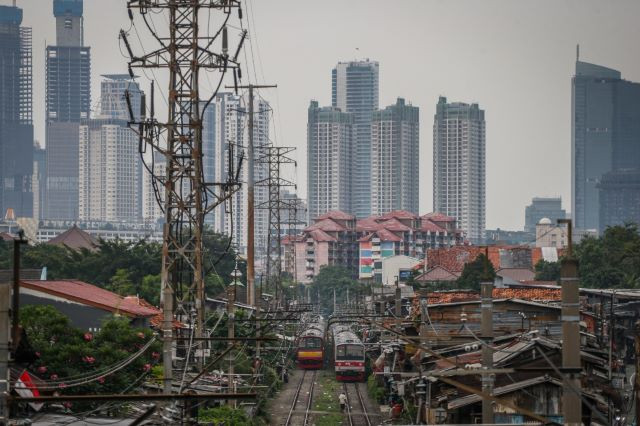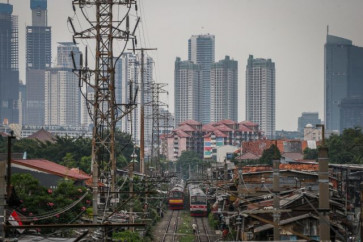Popular Reads
Top Results
Can't find what you're looking for?
View all search resultsPopular Reads
Top Results
Can't find what you're looking for?
View all search resultsCommons over quotas: Refocusing the housing policy from the periphery to the core
As it stands, the government's housing policy is essentially displacement masquerading as development, and needs a complete overhaul by shifting the focus to low-income residents and their communities as agents, equal partners and coproducers of housing solutions, not mere beneficiaries.
Change text size
Gift Premium Articles
to Anyone
I
ndonesia’s housing policy is in crisis. Despite a massive budget allocation since 2010 for public housing programs, channeled through the Housing Finance Liquidity Facility (FLPP), the results remain disappointing.
Low-cost housing is indeed being built, but often far removed from the lives of the low-income urban residents it’s meant to serve. These are not homes, but places of exile: disconnected from workplaces, schools, health services and the rich social life of kampungs that many still call home. Relocation becomes dislocation; housing becomes alienation.
The problem is not simply underperformance, but deep misalignment. Developers, constrained by slim profit margins and short-term targets, often fulfill their obligations perfunctorily, constructing rows of standardized houses on the urban periphery, distant from the urban core where opportunities are concentrated.
The so-called MBR (low-income people) cannot afford to live in them and even if they could, they would be leaving behind the social ecosystems that sustain their everyday lives: networks of childcare, informal labor and mutual aid that are invisible to market logic but crucial to their survival.
What we are witnessing is not just ineffective delivery, but a quiet, state-sanctioned form of displacement masquerading as development.
Even regulations meant to ensure balance have fallen short. The much-cited 1:2:3 rule, which mandates two midrange and three low-cost houses for each luxury house, is more arithmetic than actual policy. In practice, it is a symbolic gesture that lacks enforcement teeth.
Data from the Public Works and Settlements Ministry show that over half of developers fail to meet this requirement meaningfully. When low-cost units are constructed, they are frequently off-site, creating a spatial and social separation from the very developments they are supposed to balance.


















